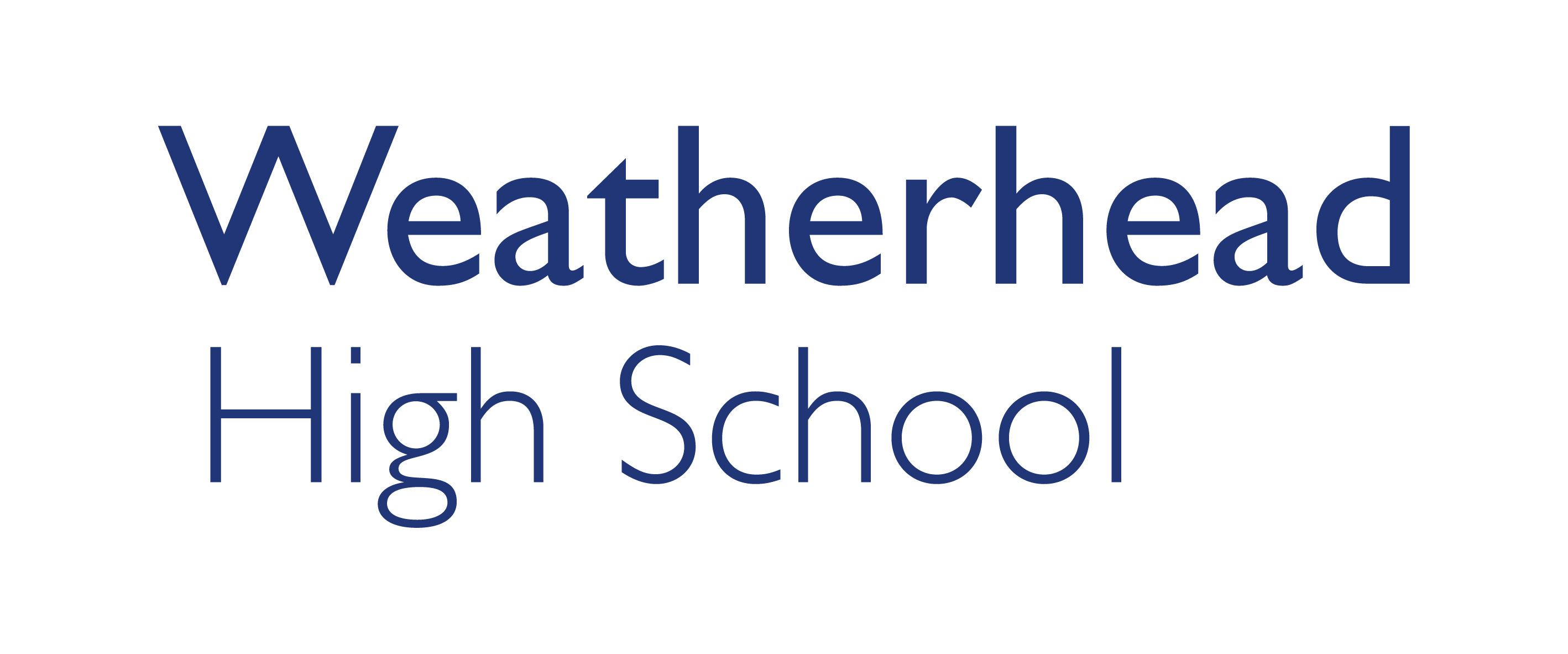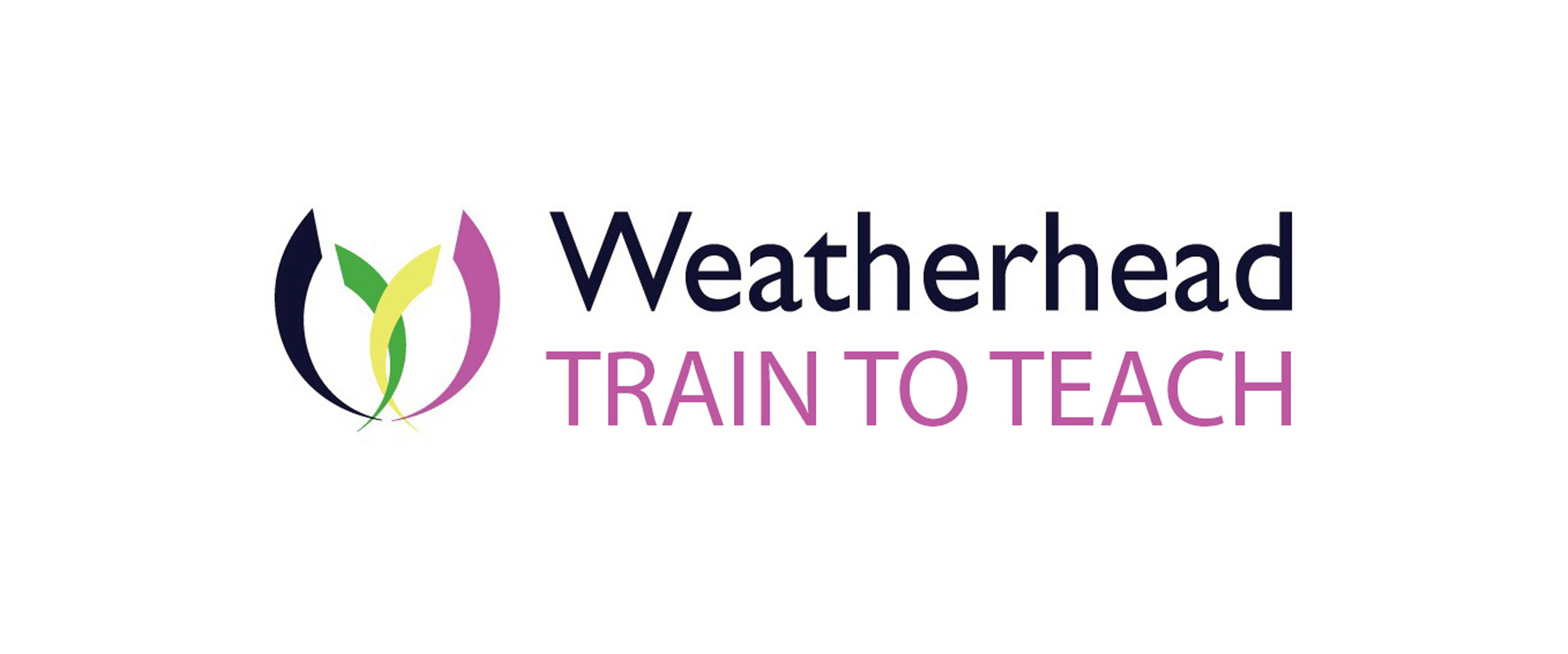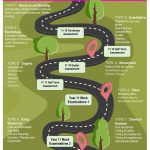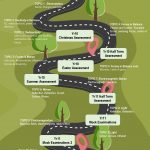Science
Studying Science at Weatherhead stimulates curiosity for the world around us, develops logical thinking and embeds literacy and numeracy skills; we aim to inspire our scientists to be well-rounded, enthusiastic and able to work independently or as a team with confidence and resilience.
Mrs Perry
Head of Science | Head of Chemistry
Miss Coates
Head of Biology
Mrs Garner
Head of Physics
Learning Journey and Curriculum Overview
Intent
At Weatherhead we believe that all students, regardless of background, have the right to access a high-quality Science education. Through the study of the fundamental strands in Biology, Chemistry and Physics our curriculum is designed to create opportunities which allow students to make connections within each discipline and across the wider curriculum including the development of mathematical and literacy skills. Our curriculum has been audited against the KS3 and KS4 National Curriculum and matches the key aims set out in these documents. We designed our KS3 starting point to build on the knowledge and skills developed in the KS2 National Curriculum as reflected in our curriculum sequence. We recognise the different individual needs of all students and our curriculum has been designed and adapted to meet the needs of all students including SEND students.
The purpose of our curriculum is to develop scientific thinkers who can discuss scientific concepts and are competent at scientific investigative skills including the ability to carry out practical investigations, present data appropriately, analyse findings and evaluate processes. We aim to develop students who have a deep knowledge and understanding of the big ideas of Science as highlighted in our curriculum sequence. Each year students build on these fundamental ideas and gain a depth of knowledge which allows them to transfer their understanding to solve problems in unknown situations and explain scientific phenomena around the world.
The purpose of our curriculum is to produce students who grow into responsible adults who appreciate the importance of new scientific developments and the changing world around them. Students who are inspired into STEM and achieve good qualifications allowing them to access higher education and training.
Implementation
All teachers within our department have expert knowledge in the subjects that they teach either through their background qualifications or through training provided by subject leaders/external courses. Our staff are passionate about the subject they deliver and resources are carefully planned to allow students to understand key concepts and apply them. Carefully designed schemes of work are designed to build upon prior substantive and disciplinary knowledge allowing students to identify the links between new knowledge gained and the key fundamentals from prior learning. Time is spent at the start of each topic ensuring students have the essential skills needed from prior learning in order to make the maximum amount of progress moving forward. For students who are identified as needing additional support to get to this point, our specialist staff deliver catch up sessions to ensure that no students are left behind in their learning journey. As students move through a topic we pay particular attention to the non-negotiable knowledge which all students should acquire and these skills are re-visited at the start of all lessons via a range of starter activities. Following the completion of each topic an assessment is completed. This provides an opportunity to provide feedback to students on their progress and allows additional support to be put in place for students who have not acquired the key knowledge needed to move forward and make progress. Following assessments, time is given within our curriculum to revisit areas which students need additional support with before they begin a new topic. Individual support can also be accessed at lunchtime if students require.
At KS3 students complete common homework activities which focus particularly on their development of disciplinary knowledge. These activities are always in line with the topic they are currently studying, allowing them to link the skill to the substantive knowledge behind it. This allows students to become competent with key scientific investigative skills which they will require throughout the scientific curriculum. These skills are then revisited and extended upon as they are met in different contexts throughout the curriculum.
A range of homework is set at KS4 which aims to address individual knowledge gaps, practise skills taught in lessons, practice retrieval skills and consolidate learning. Students at KS4 are frequently challenged to complete whole scientific investigations using all the key skills they have developed at KS3 and any new skills relevant to the topic being studied. Students are provided with individual booklets to record and analyse their scientific findings and prepare them for further study within a scientific setting.
The remote education that we provide allows all students to access lessons and learn. Remote resources are provided for every taught lesson which mirror the content being covered in that lesson. Where appropriate students are able to attend the lesson remotely. Students are able to receive specific guidance and feedback remotely from teaching staff. Remote education is also used within the department to support learning outside of lessons. The department takes advantage of a number of remote learning packages including Kerboodle, Everlearner and Hodder Education to support students with practicing skills from lessons, embedding knowledge and accessing wider reading.
Impact
Students at Weatherhead enjoy an exciting and engaging curriculum which covers all aspects of the National Curriculum and allows students to develop their substantive and disciplinary knowledge. This is evident from the frequent learning walks that are carried out by the Science Leadership Team and the open door policy which exists. The Science department has a rigorous quality assurance programme which ensures the quality of education received by all students is at a high standard.
The department offers the opportunity for students to study Biology, Chemistry and Physics at A-level and students are always taught by degree specialists in these areas. The department routinely achieves black ALPS in Biology and Chemistry. In addition, students can also study BTEC Applied Science which was introduced to the curriculum in 2017. This course has an excellent uptake and achieved an ALPS score of 2 in 2019 with a value added score significantly above average. At GCSE all students have the opportunity to study Triple or Trilogy award routes achieving 3 or 2 GCSE qualifications respectively.
Results from 2019 show positive progress measures in Biology, Chemistry, Physics and Trilogy Science. The positive progress measures achieved for disadvantaged students in Trilogy reflect the dedication the department has towards the progress of all students.
A large proportion of students who study one of the Science disciplines at KS5 continue their study into higher education. This is a reflection of the engaging curriculum and the excellent outcomes achieved at KS5. There are currently 35 students who have places at university to read Science related courses in 2021-22 including Medicine, Pharmacy, Theoretical Physics, Pharmacology and Midwifery. As part of our alumina programme students have always been welcomed back to talk about their experiences in higher education and their current careers. These talks provide motivation to our current students and allow them to consider a range of Science careers, including the many industries of which scientists are a crucial part. Sixth form students are also given the opportunity to gain valuable work experience by supporting our LabTechnicians in the Science Preparation rooms. In addition to these opportunities within school, students are also invited to visit laboratories in a higher educational setting via visits to local universities. A number of other extracurricular opportunities are offered to students across the school. Students are given the opportunity to complete their CREST award through attendance at Science club. This award invites students to plan and carry out their own investigation and share their findings with staff and their peers. Depending on the year group students are able to complete Bronze, Silver and Gold Crest awards. Gardening club is also a popular activity for many students. Not only does this teach students valuable skills but it also encourages them to think about outdoor spaces and the sustainability of food and materials. Students gain an understanding of the importance of the world around them and current developments not only through the constantly developing curriculum but also through the annually celebrated Science week which includes a topical assembly which is delivered by staff and students and a range of engaging activities.
Facilities
The Science Department occupies both floors of D-block, where there are 12 laboratories, two preparatory rooms and a department office; we also have an A Level Physics teaching laboratory in E101.
Support
The Science Team has 13 full time and 3 part time members of staff, 2 Teaching Assistants and 4 Technicians.
Across the team, there is a wide range of subject specialism and staff utilise their teaching and non-teaching experience to enhance teaching and learning in the classroom.
The Science team are dedicated to supporting their students through lunchtime homework support, weekly revision sessions and general open door policy.
Dedicated support time is provided in the lead up to examinations across all year groups, with revision sessions or clinics scheduled weekly.
Extra-Curricular
- Gardening club
- Science club
- STEM club
- STEM activities – students regularly attend external events throughout the year.
- CREST
- G&T








